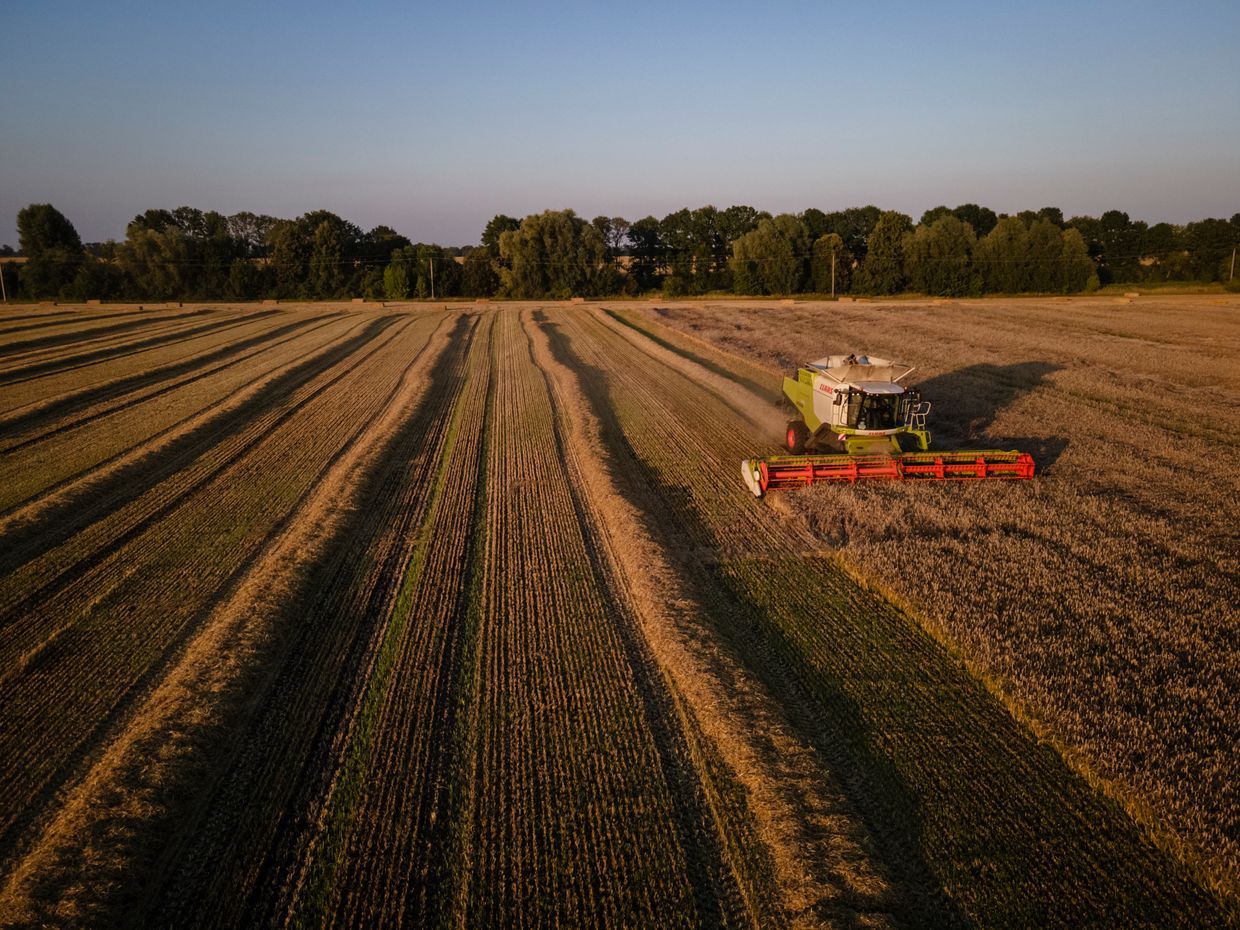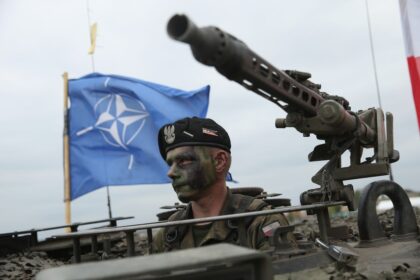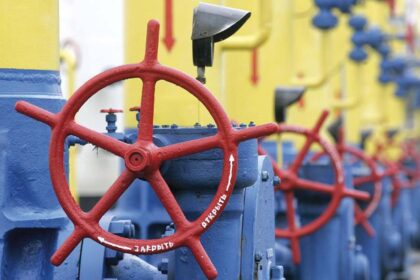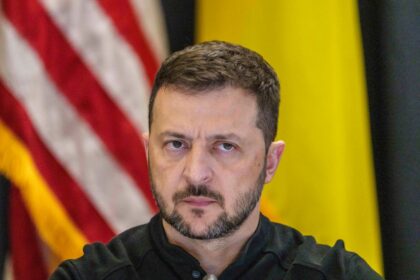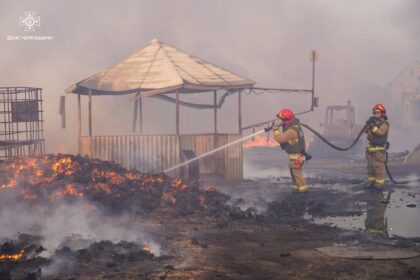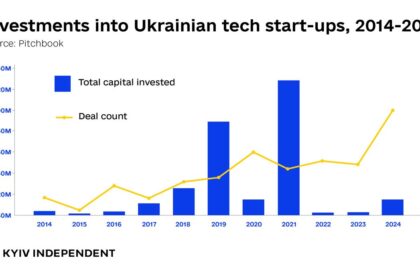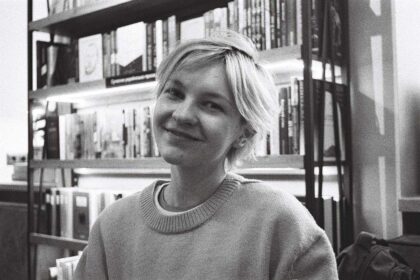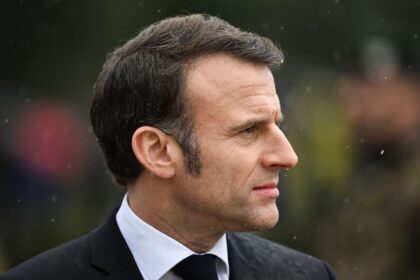**EU’s Fertilizer Ban Plan Sparks Concern Among Farmers**
The European Union’s proposed plan to phase out Russian fertiliser imports has left European farmers on high alert, warning that the move could lead to a sharp increase in prices. The EU aims to halt imports from Russia and Belarus, totaling 3.6 million tonnes valued at $1.41 billion (1.28 billion euros) in 2023.
According to Dominique Dejonckheere of the farmers’ organization Copa-Cogeca, Russian fertilisers remain “the most competitive in terms of price,” due to established logistics. Farmers feel “forgotten” by policymakers, and the proposed ban could have severe consequences for them.
**Price Hike Fears**
The EU’s plan involves gradually increasing duties on imports from Russia and Belarus, making them “prohibitive” within three years. However, Brussels has proposed offsetting potential price hikes by removing import duties on fertilisers from North Africa, Central Asia, the United States, Trinidad and Tobago, and Nigeria.
Farmers fear that without adequate measures, the policy could force many into financial difficulties. A cereal and sugar beet farmer from Belgium highlighted that rising costs are “a major concern,” adding that some colleagues are already in the red.
**Impact on Farmers**
The European Commission’s plan to halt imports from Russia and Belarus is aimed at limiting revenue flowing to Moscow’s war effort and reducing the EU’s dependency on hostile suppliers. However, farmers feel that they will bear the brunt of the costs.
“We understand that we need to help Ukraine and annoy the Russians,” said Amaury Poncelet, a cereal and sugar beet farmer from Belgium, “but it is us who will bear the financial difficulties.”
**Commentary**
The proposed ban on Russian fertilisers highlights the complexities of international trade and politics. While the EU’s goal of reducing revenue flowing to Moscow’s war effort is understandable, it’s essential that policymakers consider the potential consequences for European farmers.
The decision to offset potential price hikes by removing import duties on fertilisers from other countries may not be enough to mitigate the impact on farmers. It’s crucial that the EU finds a balance between supporting Ukraine and protecting its own agricultural sector.
**Deeper Analysis**
The issue of Russian fertilisers is just one aspect of the broader conflict between Russia and Ukraine, which has significant implications for global trade and politics.
As the world continues to grapple with the consequences of this conflict, it’s essential that policymakers prioritize finding solutions that benefit all parties involved. The EU’s proposed ban on Russian fertilisers highlights the need for a more nuanced approach to international trade and politics.
Read More @ kyivindependent.com




